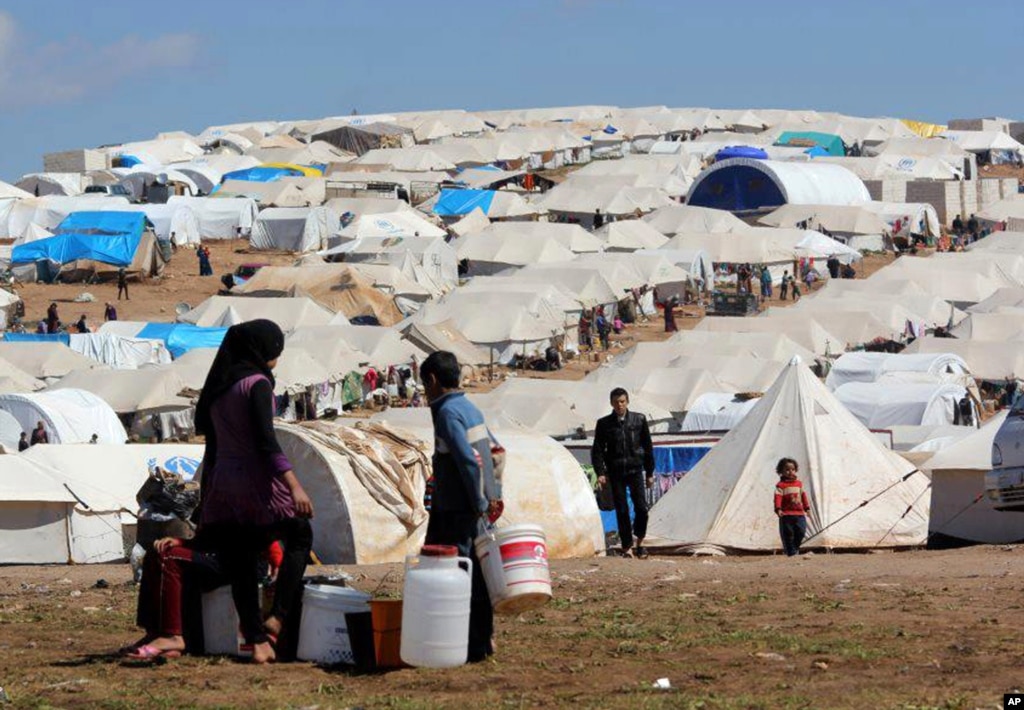
UNITED NATIONS - The number of people fleeing the conflict in Syria has escalated to an average of 6,000 a day during 2013 - a rate not seen since the genocide in Rwanda nearly two decades ago, UN High Commissioner for Refugees Antonio Guterres said on Tuesday.
Guterres said two-thirds of the nearly 1.8 million refugees registered with the United Nations in Lebanon, Turkey, Jordan, Iraq, Egypt and elsewhere had left Syria since the beginning of the year.
"We have not seen a refugee outflow escalate at such a frightening rate since the Rwandan genocide almost 20 years ago," Guterres told a rare public briefing to the UN Security Council on Syria, where a government crackdown on pro-democracy protests more than two years ago has spiraled into civil war.
Thousands of people fled Rwanda after the 1994 genocide in which 800,000 ethnic Tutsis and moderate Hutus were killed.
UN Assistant Secretary-General for Human Rights Ivan Simonovic told the Security Council that between March 2011 and the end of April 2013 at least 92,901 people were killed in Syria of which more than 6,500 were children.
The Security Council has been deadlocked on Syria. Russia, an ally of Syrian President Bashar Assad, and China have three times blocked action against Assad that was backed by the remaining veto powers - the United States, Britain and France.
Syria's UN Ambassador Bashar Ja'afari said the Syrian government was doing "everything possible to shoulder its responsibility and its duty to its people, to meet the humanitarian needs and the basic needs of its citizens." UN aid chief Valerie Amos said the world was "not only watching the destruction of a country but also of its people."
"The security, economic, political, social, development and humanitarian consequences of this crisis are extremely grave and its human impact immeasurable in terms of the long term trauma and emotional impact on this and future generations of Syrians," Amos told the council.
She said 6.8 million Syrians need urgent humanitarian assistance, including more than 4.2 million internally displaced, and that almost half of those needing help were children. The latest assessment by the World Food Program was that 4 million people can no longer meet their basic food needs.
Amos said another $3.1 billion was needed to help people in Syria and neighboring countries for the rest of the year.
There are more than 600,000 refugees registered in Lebanon, 160,000 in Iraq, 90,000 in Egypt and 1 million in Turkey and Jordan, said Guterres, who described the impact as "crushing." Lebanon's UN Ambassador Nawaf Salam said his country's borders would remain open to Syrian refugees, even though the conflict was threatening Lebanese security and stability. He said the Lebanese General Security Directorate puts the number of Syrians in Lebanon at 1.2 million.
"It is as if your country, the United States of America, were going to have an influx of over 75 million refugees, or over twice the population of Canada," Salam said to U.S. Ambassador Rosemary DiCarlo, the council president for July.
"Could you imagine the impacts of an influx of such magnitude on your own country?" he asked.